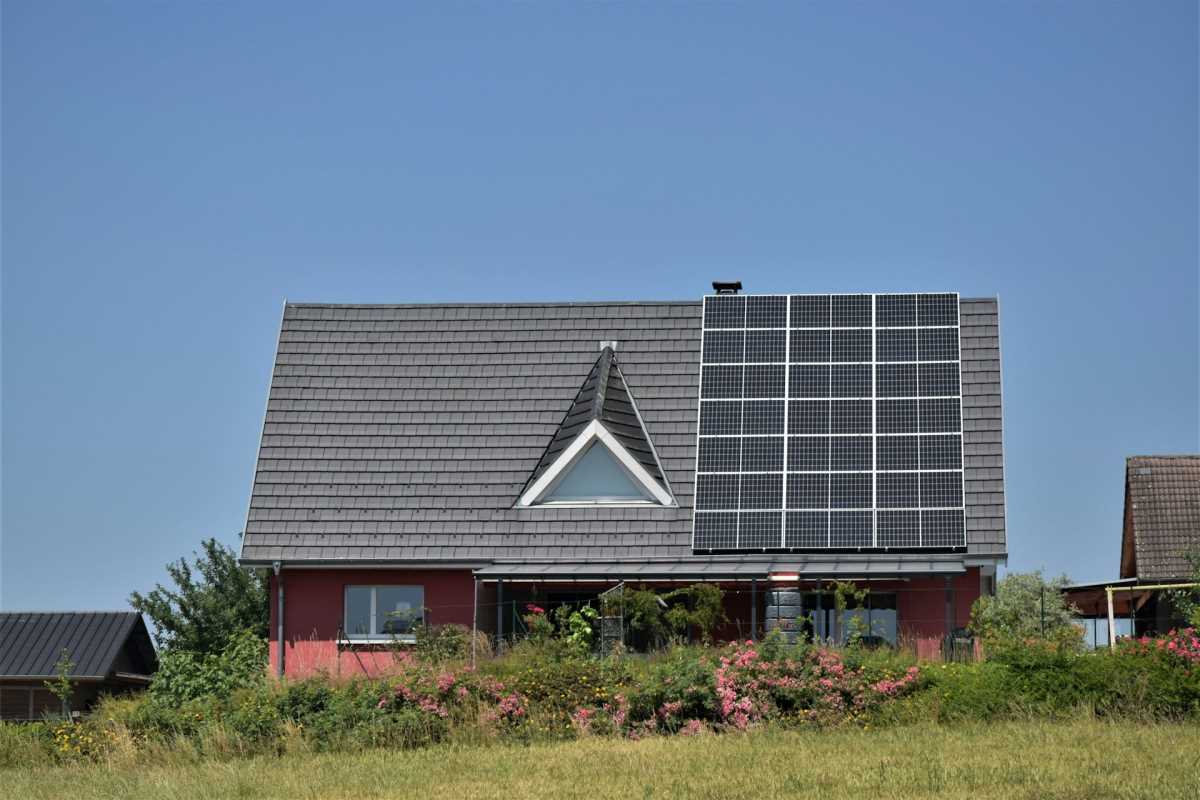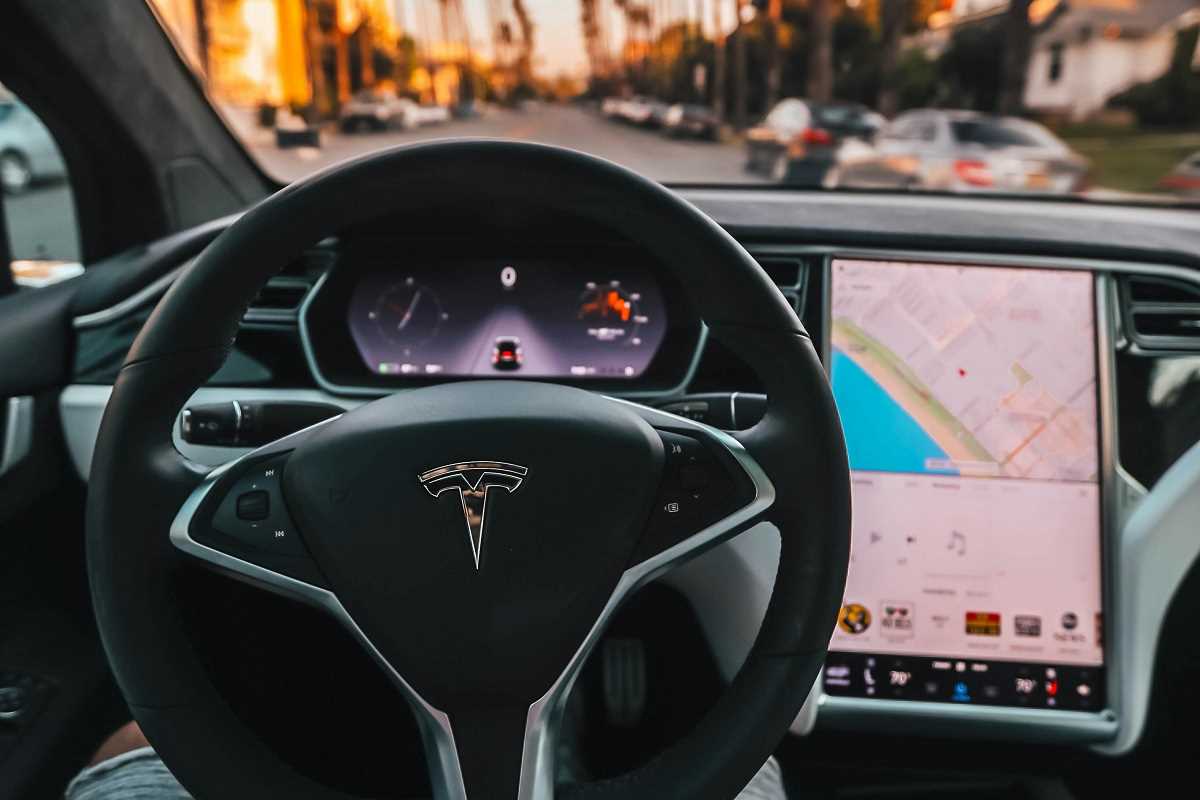Switching to solar panels is one of the smartest financial moves homeowners can make today. With rising energy costs and increasing concerns about environmental sustainability, solar power offers a cost-effective, long-term solution for generating clean electricity. While installing solar panels requires an upfront investment, the financial benefits over time far outweigh the initial expense. Here’s why solar panels are the best option for your finances.
1. Substantial Savings on Energy Bills
One of the most compelling reasons to install solar panels is the opportunity to dramatically reduce, or even eliminate, your electricity bills. By generating your own power from the sun, you rely less on energy from the grid, which means you pay less to your utility company. In some cases, especially in sunny regions, solar panels can produce more electricity than your home needs. Many utility companies offer net metering programs, which allow homeowners to sell excess energy back to the grid. This means that not only can solar panels slash your energy bills, but they can also generate extra income for your household.
Over the typical 25 to 30-year lifespan of solar panels, these savings can be significant. Depending on your location and energy usage, you could save tens of thousands of dollars in energy costs during this time. For many homeowners, solar panels pay for themselves within five to ten years, after which the electricity they generate is essentially free.
2. Protection from Rising Energy Costs
Electricity prices are notoriously unpredictable, and they tend to increase over time due to factors like inflation, changes in energy policy, and fluctuations in fuel prices. Solar panels offer a hedge against these rising costs because they allow you to produce your own electricity at a fixed cost. Once your solar panels are installed, the energy they generate is free, regardless of how much electricity prices rise.
This price stability can provide peace of mind, especially in regions where electricity costs are high or fluctuate dramatically. By locking in your energy production with solar, you protect yourself from future rate hikes, offering financial security and predictability in your household budget.
3. Tax Credits and Incentives
Governments at the federal, state, and local levels offer a variety of incentives to make solar panels more affordable for homeowners. The most notable of these is the federal solar investment tax credit (ITC), which allows you to deduct a significant portion of your solar installation costs from your federal taxes. In 2024, the ITC stands at 30%, meaning that if you install a solar energy system costing $20,000, you can deduct $6,000 from your taxes.
In addition to federal incentives, many states and municipalities offer their own rebates and credits for installing solar. Some utility companies also provide financial incentives or low-interest financing options for solar energy systems. These programs can reduce the upfront cost of solar panels and make it even more financially attractive.
4. Increase in Property Value
Solar panels not only save you money on energy bills but also increase the value of your home. Numerous studies have shown that homes equipped with solar panels sell for more than comparable homes without them. Buyers are willing to pay a premium for homes with lower energy bills and sustainable energy sources.
This increase in property value often offsets the initial investment in solar panels, and homes with solar systems tend to sell faster than those without. The prospect of energy savings and lower monthly bills makes solar-equipped homes more attractive to potential buyers.
5. Low Maintenance and Long-Term Durability
Solar panels are built to last. Most solar systems come with warranties ranging from 20 to 30 years, and they require minimal maintenance during their lifespan. After the initial installation, which may take just a few days, your solar panels will silently produce electricity with little ongoing effort or cost.
Unlike other home improvements that may need frequent repairs or upgrades, solar panels are highly durable and designed to withstand harsh weather conditions. The long lifespan of solar panels means you can continue to enjoy financial benefits for decades with little to no additional cost.
6. Financing Options Make Solar Affordable
If the upfront cost of solar panels seems daunting, it’s important to know that there are numerous financing options available to make solar more accessible. Many companies offer solar loans, which allow you to spread the cost of installation over several years with little or no money down. In most cases, the monthly loan payments are lower than your previous electricity bills, meaning you can start saving money from day one.
Additionally, solar leases and power purchase agreements (PPAs) allow you to install solar panels with no upfront cost. Under these agreements, you pay a fixed monthly fee to lease the system or buy the power it generates, often at a rate lower than your current utility rate.
7. Environmental Benefits with Financial Gains
While we've focused on the financial advantages of solar panels, it’s worth noting that choosing solar power also comes with environmental benefits. Solar energy is a clean, renewable resource that reduces your carbon footprint and dependence on fossil fuels. By investing in solar panels, you contribute to a greener planet while saving money—making it a win-win situation.
Solar panels are an excellent financial investment that can save you money on energy bills, protect you from rising electricity costs, and increase your property value. With tax incentives, low maintenance costs, and various financing options, the decision to go solar is more affordable than ever. Over time, the savings from solar energy can far outweigh the initial investment, making solar panels a smart choice for homeowners looking to improve their finances and reduce their environmental impact







